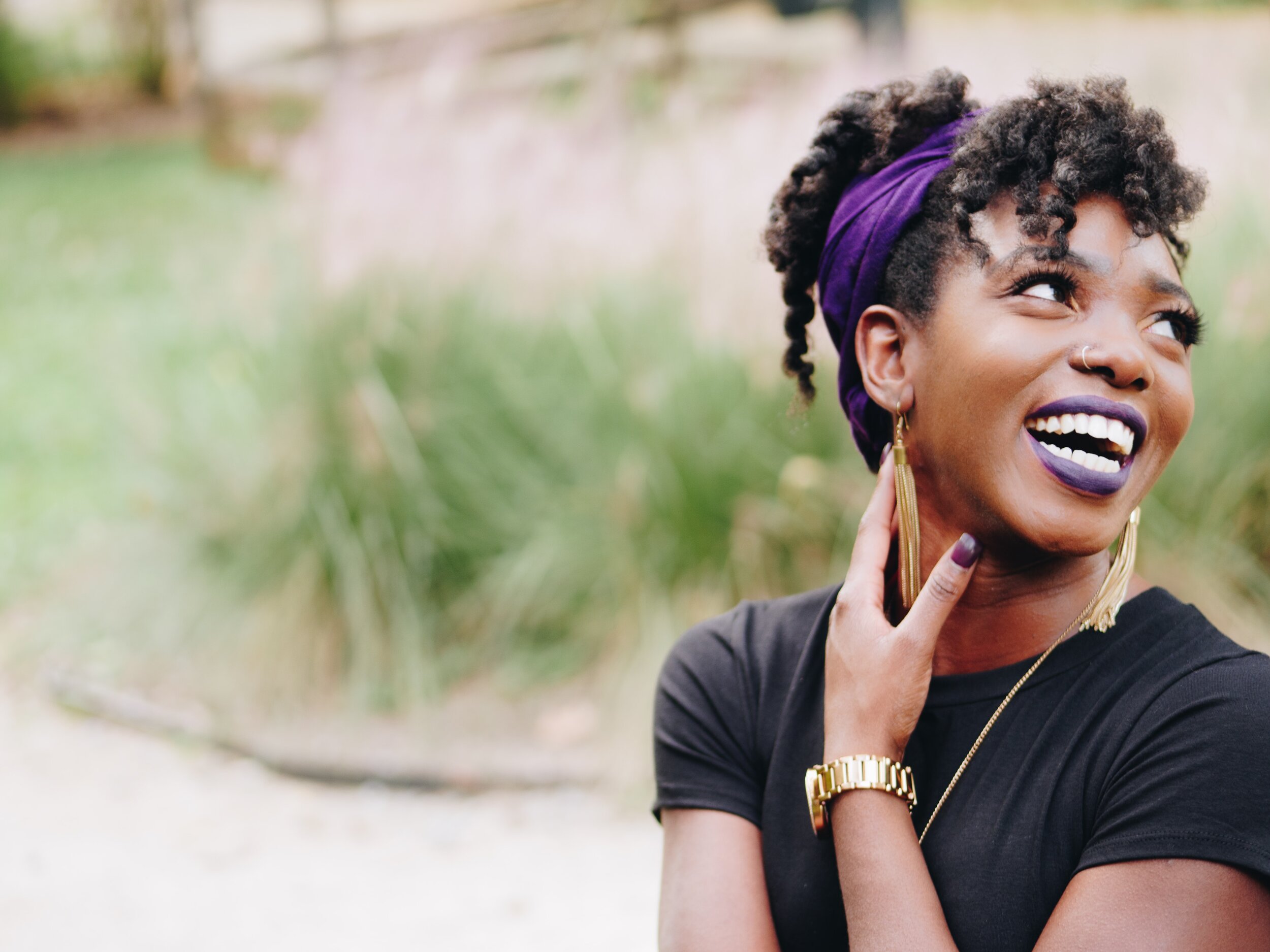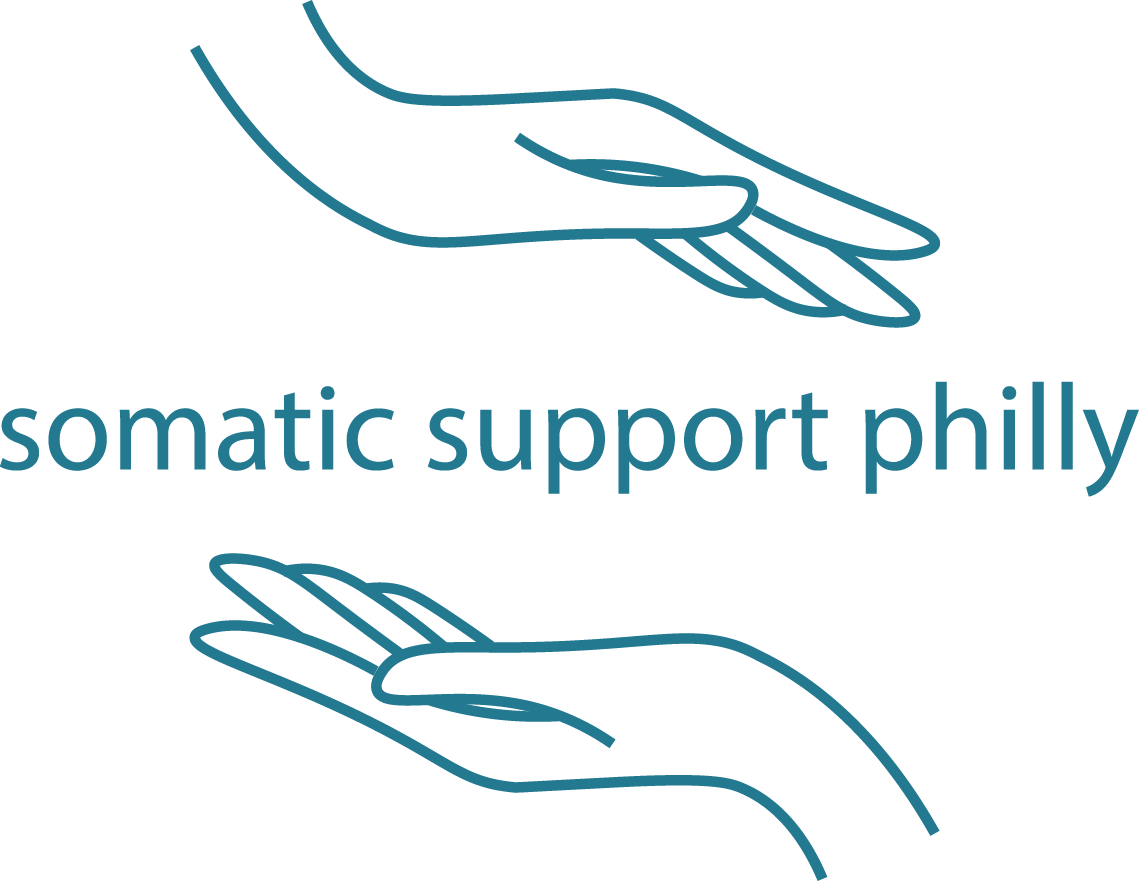
settle into your skin
and awaken your inner resilience
current offerings
I am not currently accepting new clients. I invite you to explore this audio series of guided somatic practices; if you would like access to a list of somatic practitioners/therapists in Philly (and beyond), please complete this interest form.
55 minutes in length
weekly or biweekly rhythm
available to adults (age 18 or older) living in any geographical location
Guided Somatic Practices on Audio:
6 recordings total: 1 introductory overview & 5 experiential practices
available via sliding scale pricing ($30-$118)
free to Black and/or Indigenous LGBTQIA2S+ folks
payment & insurance
I can accept payment via credit/debit card and a select number of payment apps. I cannot accept health insurance.
what clients have expressed
“With the support of Mariana's gentle hands-on touch and dialogue approach, I was able to explore what was happening within my body. Our sessions were a healing experience for me — I felt empowered and ready to identify blockages, confront roadblocks, and release judgment.”
— JAIRO R.
“Mariana's skilled guidance has allowed me to give myself permission to actually "meet" and attend to my pain in a grounding, compassionate, and soothing way. Our work together has been empowering as I've developed a mindset and skills to practice self-care and feel better.”
— ARIEL I.
